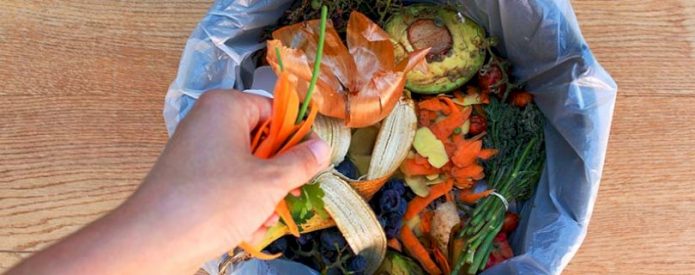A new record has shed light on what Aussie customers can do to lower their regular invest as well as rectify a typical blunder they usually make.
Australian consumers can decrease their once a week grocery invest by 13 per cent by monitoring their food waste, Rabobank’s 2019 Food Waste Record showed.
According to the record, Aussies might save $1,026 a year at the grocery store by only buying what they call for.
This study comes after data revealed that Australians threw away $10.1 billion bucks in 2019, up from $8.9 billion in 2018.
Head of client experience at Rabobank Australia Glenn Wealand noted that Australia ranks fourth in food waste, with customers being 34 percent of the food being thrown out country wide.
Mr Wealand highlighted that in a time when wage development and credit report is low as well as customer sentiment concerning the more comprehensive economic setting is reduced, lowering food waste is a means to save cash.
“Out of the wider populace, 58 percent feel for their own purses and purses say things are difficult as well as an additionally 20 per cent define it as extremely hard,” Mr Wealand claimed.
Gen Z are the most significant transgressors, discarding $1,446 in 2019, up $234 on the previous year.
Mr Wealand believes their excitement concerning the economic situation could be a reason they are carefree concerning their food bill.
“The substantial bulk of them are really feeling the economy will boost over the next twelve month, their funds will enhance over the following one year, as well as typically favorable regarding just how things will end up,” Mr Wealand said.
Fairly, Australia’s Baby Boomers are squandering the least, investing $498 in 2019 on unused groceries.
The report also highlighted that not only are consumers losing food, they are finding new ways to waste food.
“There is a new dynamic gurgling the surface area in terms of food waste and that is on the internet shipment. In online shipment, we have actually seen a solid movement from in 2015 35 percent of the populace saying they are making use of the services to 45 percent in a year.
“It’s this team that generally throws away one of the most,” Mr Wealand stated.

